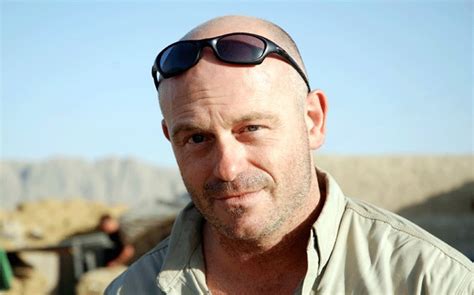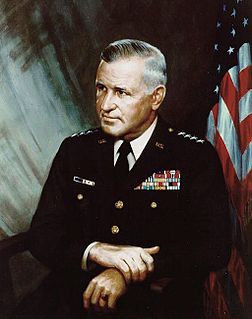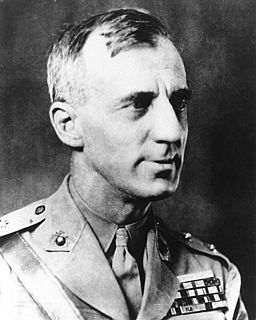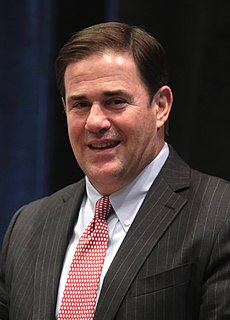A Quote by Tulsi Gabbard
I've seen firsthand the high human cost of war.
Related Quotes
I have seen war. I have seen war on land and sea. I have seen blood running from the wounded. I have seen men coughing out their gassed lungs. I have seen the dead in the mud. I have seen cities destroyed. I have seen 200 limping, exhausted men come out of line—the survivors of a regiment of 1,000 that went forward 48 hours before. I have seen children starving. I have seen the agony of mothers and wives. I hate war.
The cost in human lives and suffering is so high that we all have to work to end violence and oppression once and for all. We have to proclaim that every human being is equal, in dignity, in freedom -and, as the first article of the Universal Declaration of Human Rights states, we have to live in a spirit of brotherhood.
What Americans desperately need is a way to transition from the current system - which is fragmented and focuses on high-cost, high-tech interventions after illness strikes - to a modern system that delivers coordinated, high-touch, lower-cost, patient-centered care with an emphasis on primary care and prevention.
Between 1965 (the beginning of LBJ's "Great Society") and 1994, welfare spending has cost the taxpayers $5.4 trillion in constant 1993 dollars. The War on Poverty has cost us 70 % more than the total price tag for defeating both Germany and Japan in World War II, after adjusting for inflation. Many believe that Welfare has destroyed millions of families and cost a huge portion of our national wealth in the process.

































